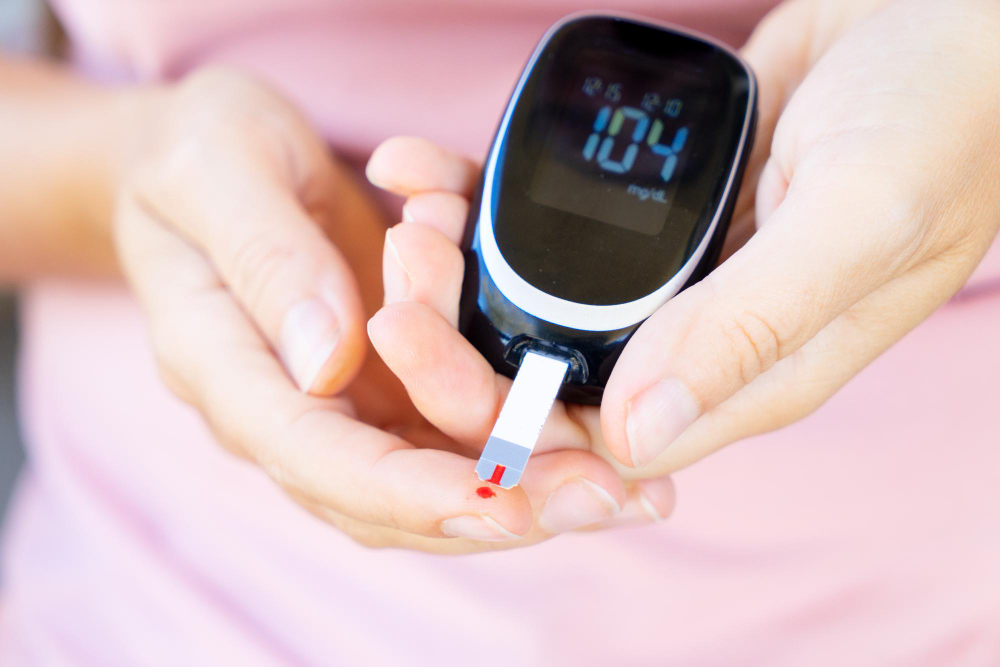
Pre-diabetes is a critical health condition that often goes unnoticed until it progresses to type 2 diabetes. The good news is that with timely intervention and lifestyle changes, pre-diabetes can often be reversed or managed effectively to prevent further health complications. Uderstanding how pre-diabetes affects you and where to find primary care in Philadelphia, PA, can make a significant difference in your health.
Pre-diabetes is a condition where blood glucose levels are higher than normal, but not high enough to be classified as type 2 diabetes. It’s a warning sign that your body is beginning to have trouble managing blood sugar, which, if left unchecked, could develop into full-blown diabetes. According to the Centers for Disease Control and Prevention (CDC), about 1 in 3 American adults have pre-diabetes, but 84% of them don’t even know they have it.
Multiple factors contribute to the development of pre-diabetes. Understanding these can help in identifying whether you might be at risk:
Pre-diabetes often has no clear symptoms, making it easy to overlook. However, some people may experience signs such as:
If you're experiencing any of these symptoms, it's crucial to seek medical attention, especially if you have multiple risk factors.
Diagnosing pre-diabetes involves a simple blood test, which can be done at a primary care clinic. The most common tests include:
If you're in Philadelphia, PA, and suspect you might have pre-diabetes, visiting a primary care provider like Vital Urgent Care can help confirm a diagnosis and set a path for management.
The key to treating pre-diabetes is to make lifestyle changes that will help bring your blood sugar levels back to normal. Here are some strategies:
Opt for a balanced diet rich in fruits, vegetables, whole grains, and lean proteins. Reducing portion sizes and limiting sugar and fat intake can also help manage weight and blood sugar levels.
Regular physical activity helps the body use insulin more efficiently. Aim for at least 150 minutes of moderate aerobic activity or 75 minutes of vigorous activity each week, combined with muscle-strengthening exercises.
Losing even a modest amount of weight (5-7% of body weight) can significantly reduce the risk of developing type 2 diabetes. This can be achieved through diet and exercise.
Regular check-ups with your healthcare provider are essential to monitor your blood sugar levels and adjust your treatment plan as needed. Vital Urgent Care in Philadelphia, PA, offers comprehensive primary care services to help manage and monitor your condition effectively.
In some cases, medication may be prescribed to help control blood sugar levels. Metformin is commonly used in pre-diabetes management to improve insulin sensitivity.
Primary care is integral to managing chronic conditions like pre-diabetes. It offers a continuous relationship with a healthcare provider who knows your medical history and can provide personalized care. With regular visits, your primary care provider can screen for potential health issues, offer preventive care, and coordinate treatment plans.
At Vital Urgent Care, we understand the importance of accessible, quality healthcare. Our team is committed to providing comprehensive primary care services to patients with pre-diabetes and other health conditions. Here's why you should consider us:
Don't wait for pre-diabetes to progress. Taking action now can make all the difference in your health outcomes. If you're in Philadelphia, PA, contact Vital Urgent Care today to request an appointment and start your journey toward better health.